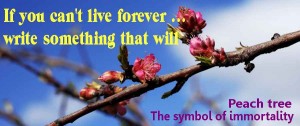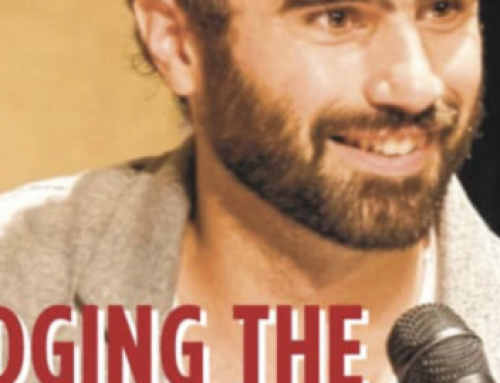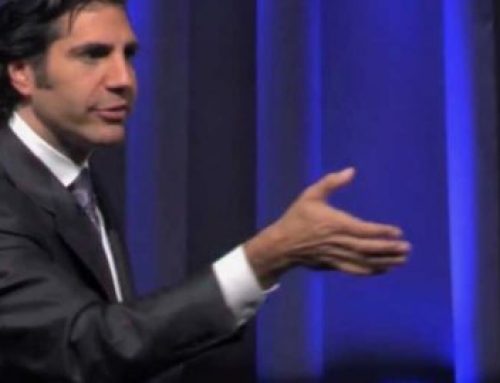 Before starting work on any book, it’s essential for me to understand YOU.
Before starting work on any book, it’s essential for me to understand YOU.
How do you most effectively communicate your ideas and express yourself? What makes you come alive?
Some people are natural talkers. Their thoughts just pour out of them in a stream of consciousness, one thought flowing logically to the next. No problem.
Whether they’re talking on the phone or delivering a speech, they perform extemporaneously, spinning their ideas into an integrated whole.
 In fact, if you ask a natural talker, often an extrovert, to type out or write out their ideas, they often stiffen up. Their natural rhythm is thwarted. Why? Because typing or composing in long hand either slows them down or inhibits them.
In fact, if you ask a natural talker, often an extrovert, to type out or write out their ideas, they often stiffen up. Their natural rhythm is thwarted. Why? Because typing or composing in long hand either slows them down or inhibits them.
Many critique what they’re SEEING, trying to make it perfect as they go, rather than allowing their thoughts to flow—and having them edited later.
One of my celebrity clients, a motivational speaker, would always tape-record his initial thoughts for a chapter in advance of our work together. This recording would capture the essence of his vision.
 Other authors, however, articulate their thoughts and emotions effortlessly while TYPING or WRITING it all out in long hand. JK Rowling, for example, says she “still likes writing by hand. Normally I do a first draft using pen and paper, and then do my first edit when I type it onto my computer. For some reason I prefer a black pen to a blue one, and in a perfect world I’d always use narrow feint writing paper.”
Other authors, however, articulate their thoughts and emotions effortlessly while TYPING or WRITING it all out in long hand. JK Rowling, for example, says she “still likes writing by hand. Normally I do a first draft using pen and paper, and then do my first edit when I type it onto my computer. For some reason I prefer a black pen to a blue one, and in a perfect world I’d always use narrow feint writing paper.”

For a memoir, authors often present their initial writings in the form of a journal, a diary, or a daily log. It’s almost as if they think through their fingers, their thoughts flowing naturally onto the screen or paper. Often, as introverts, these authors would prefer to initiate their ideas in a tangible form.
So which are you—a talker or a typer? Most ghostwriting clients, I find, would prefer to be INTERVIEWED, allowing me to steer the conversation and extract from them all the detail needed for an expressive chapter. These conversations are recorded and transcribed and form the essence of the raw material that will ultimately be refined for the book. Remember: What you write is a lasting legacy. 
However, if you’d prefer to write out your thoughts, inevitably, we STILL need to do conversational interviews to supplement what we have.
No matter what you do—talk or type or longhand– a ghostwriter then FILLS IN, EXPANDS, REWRITES and ENHANCES the narrative, turning something interesting into something magnetic.

Once we settle on what works best for YOU—the magic begins.






